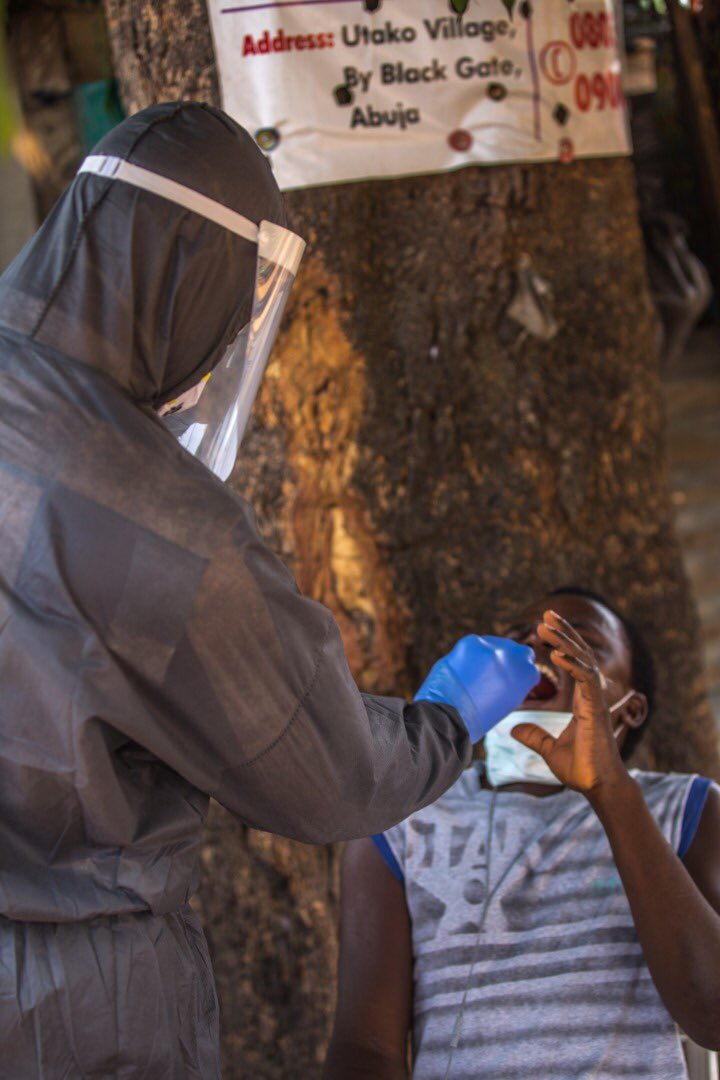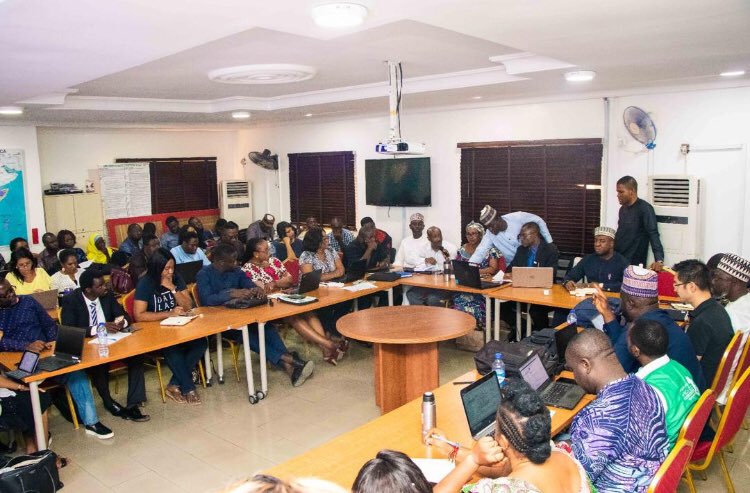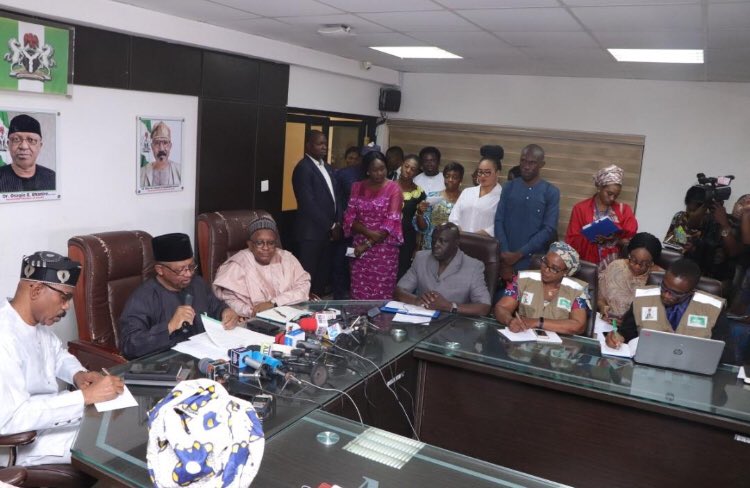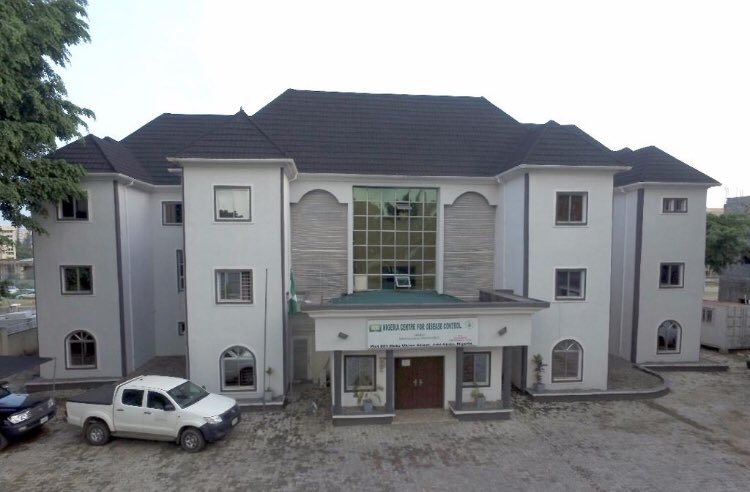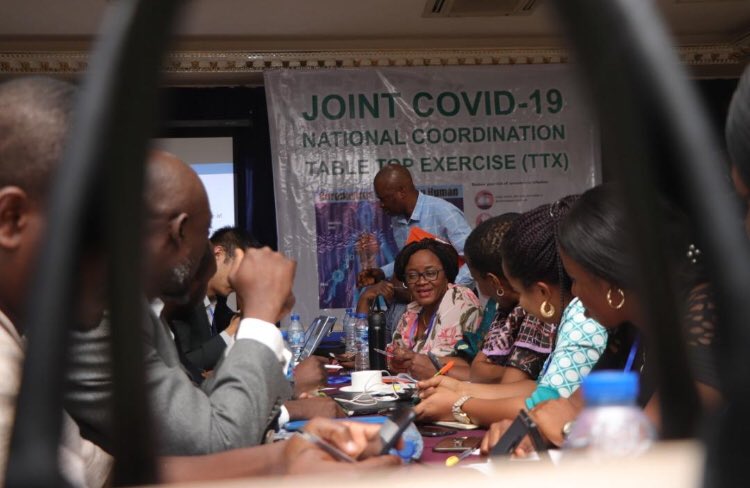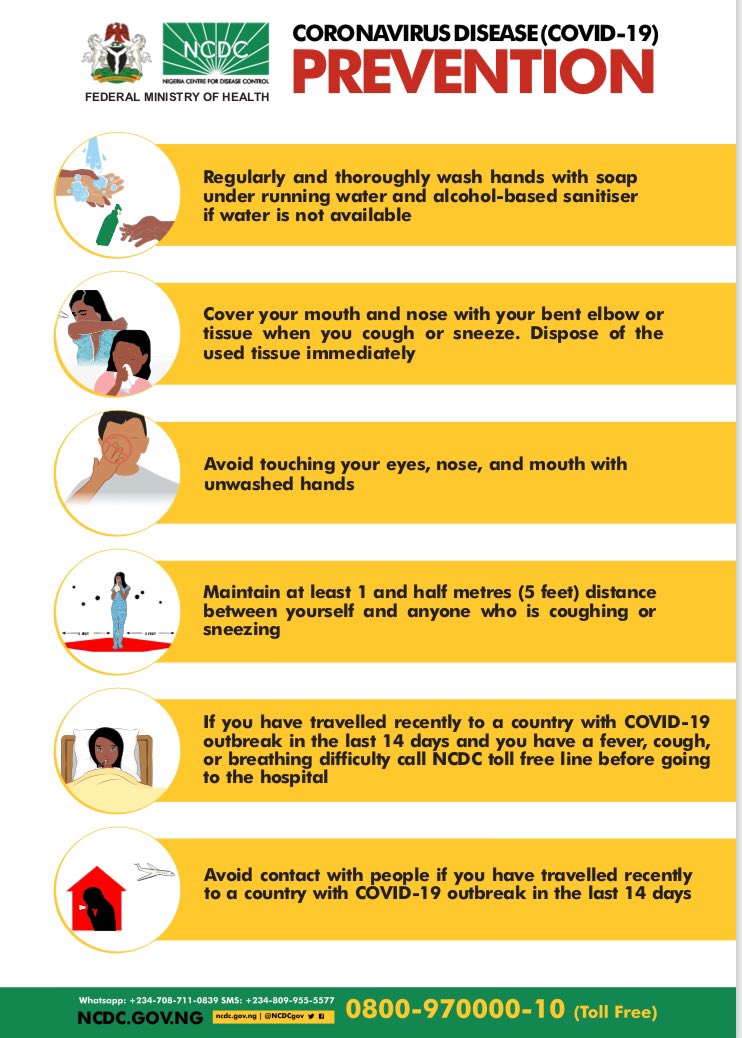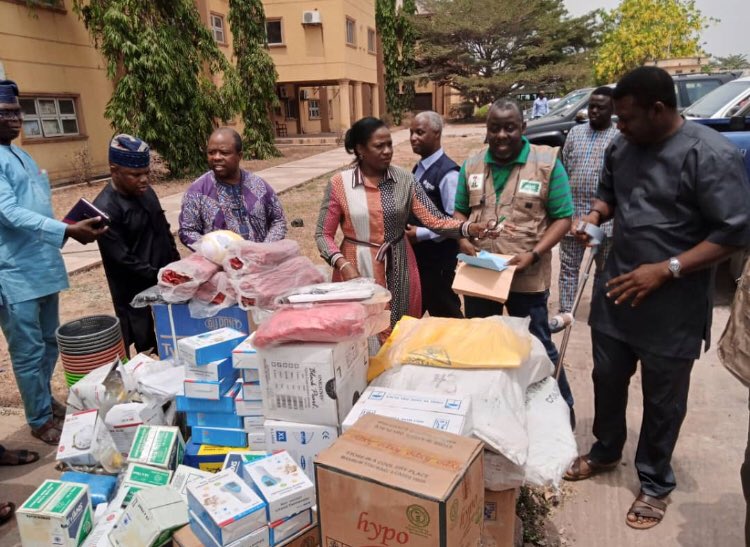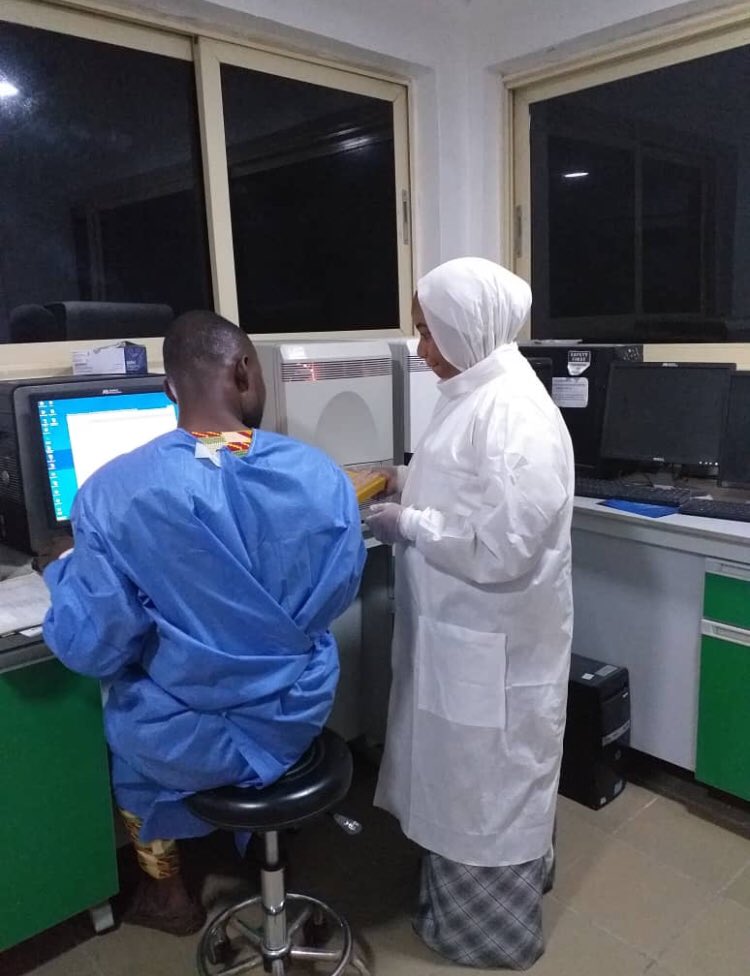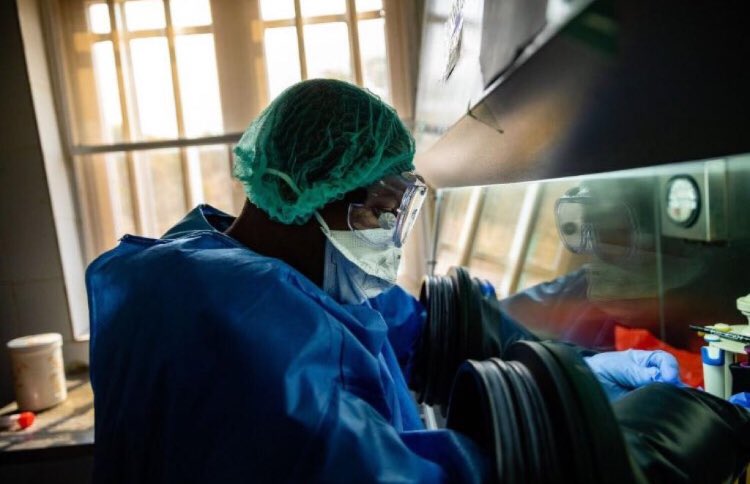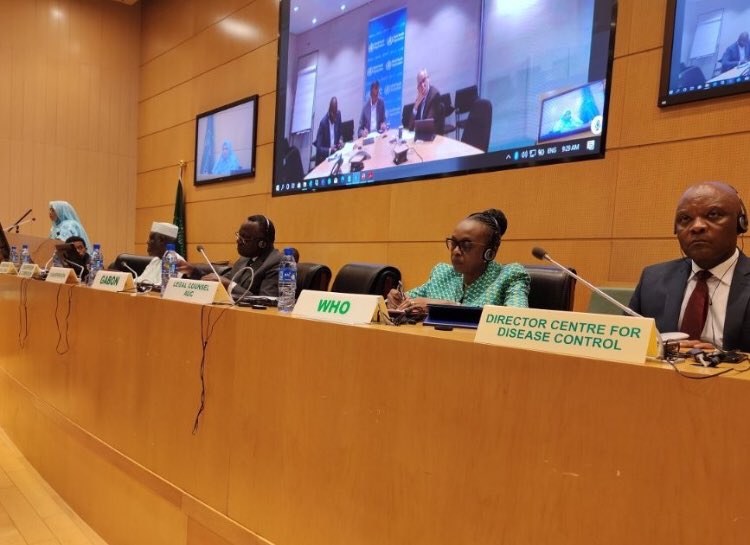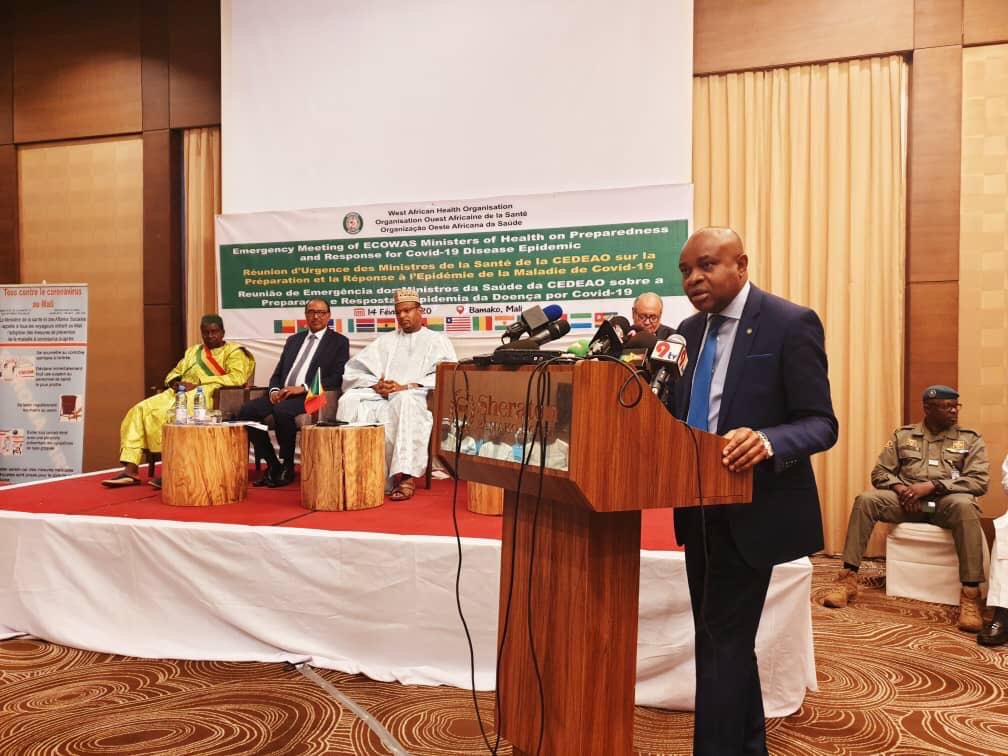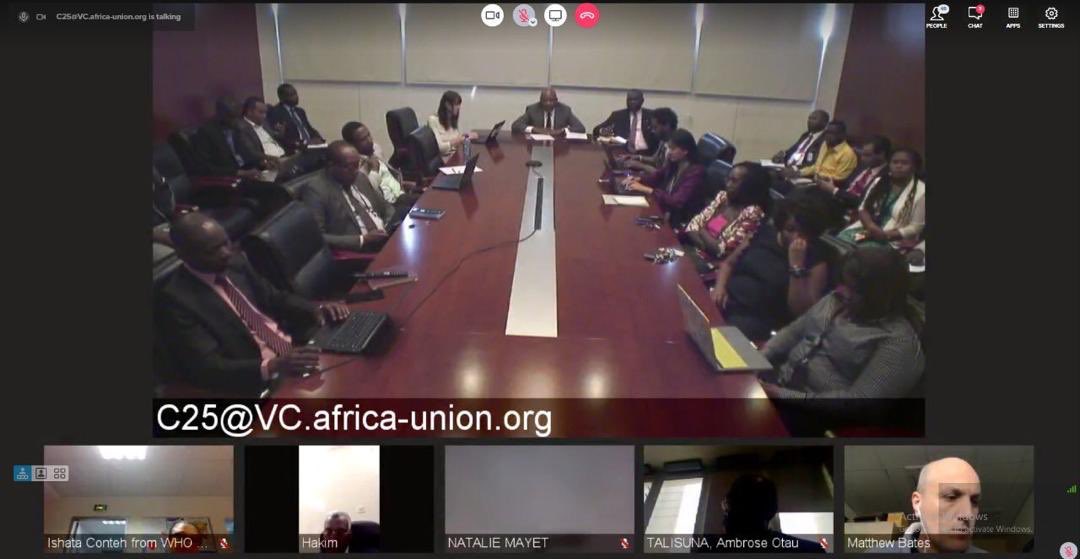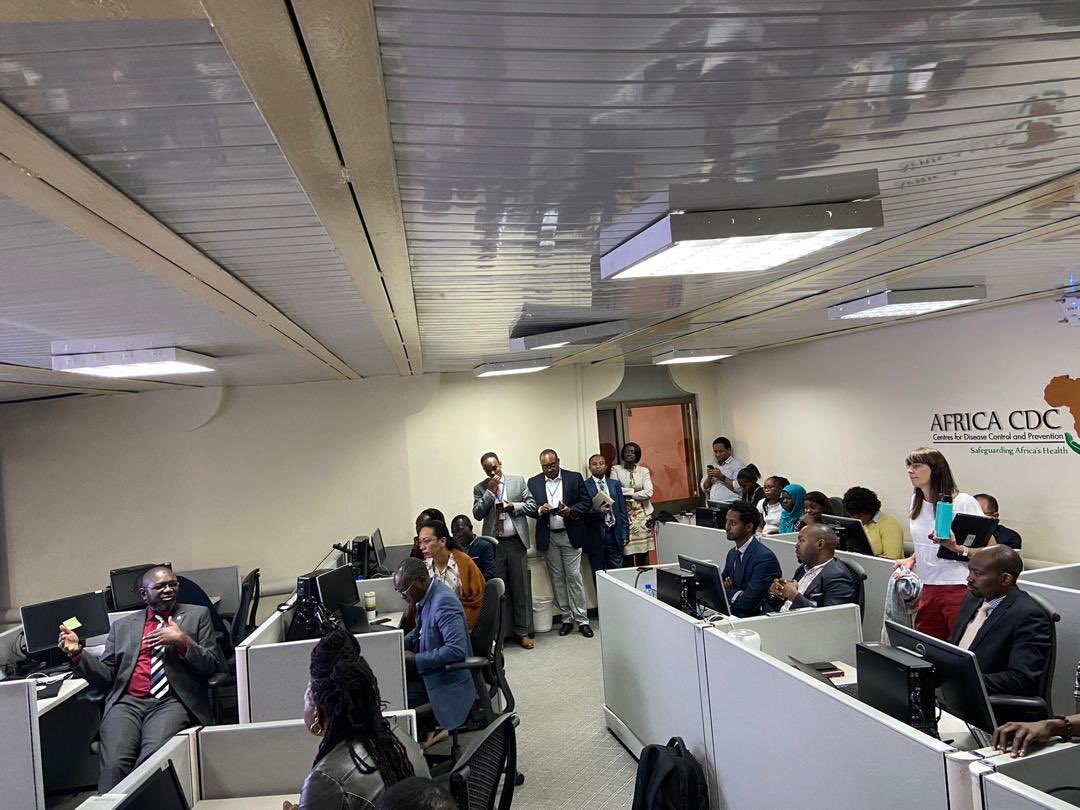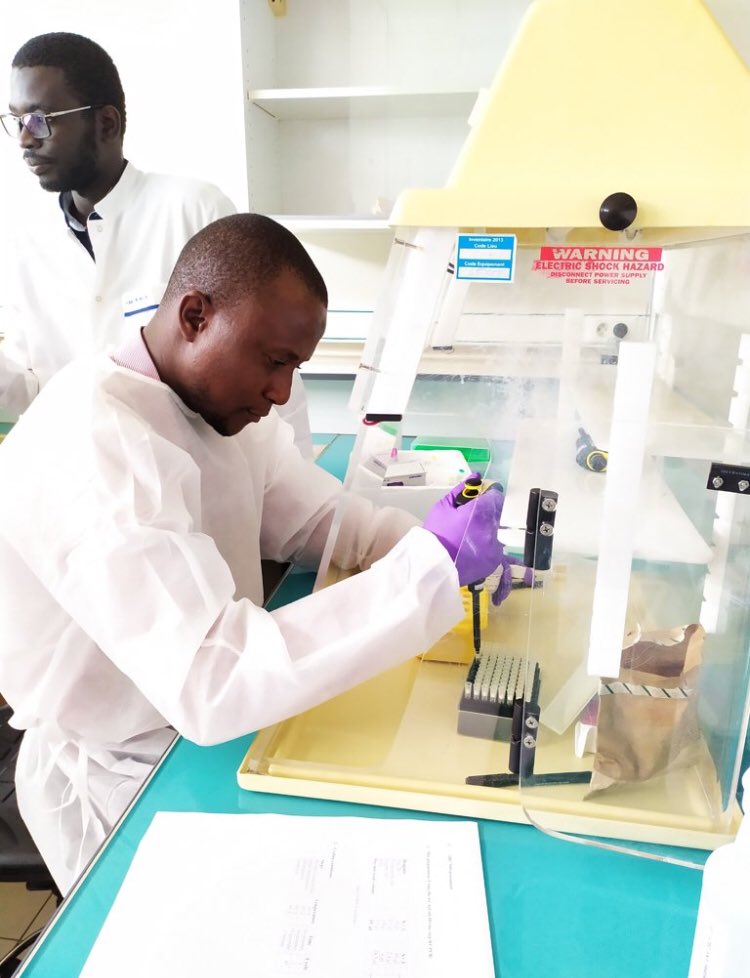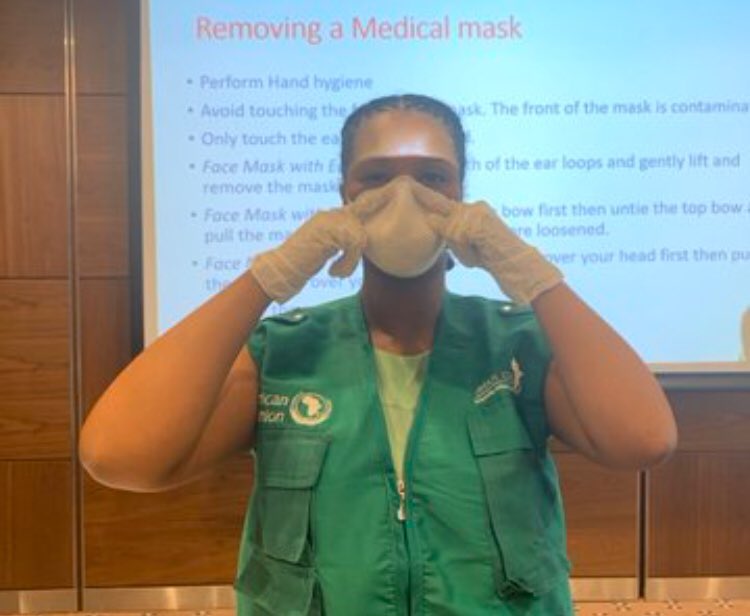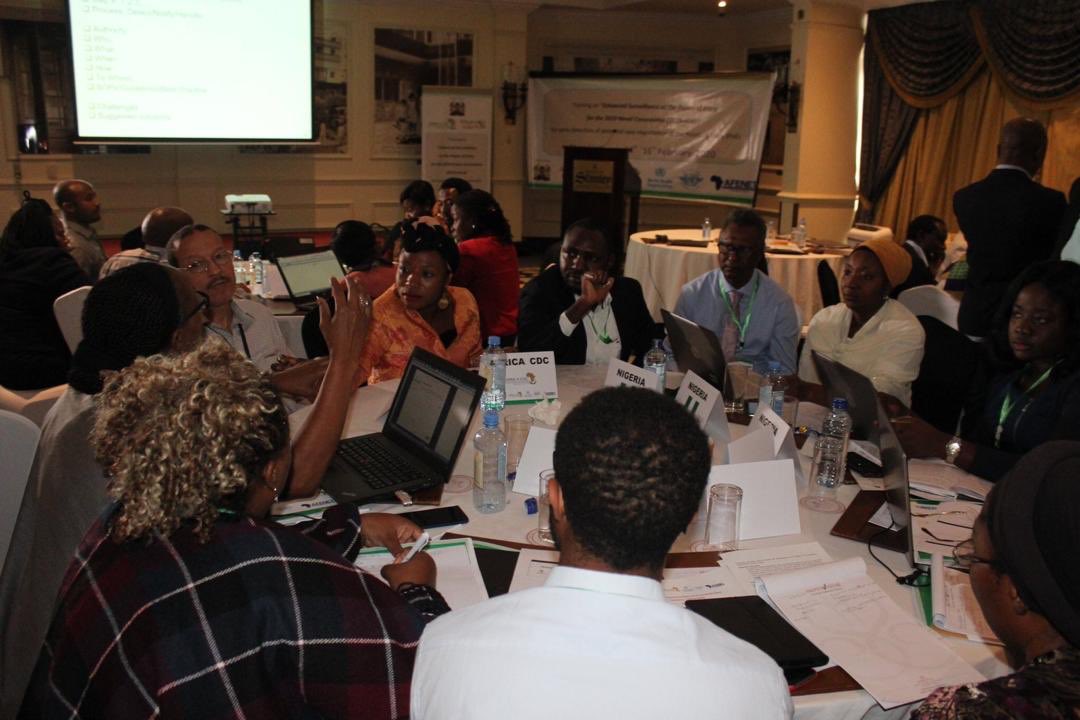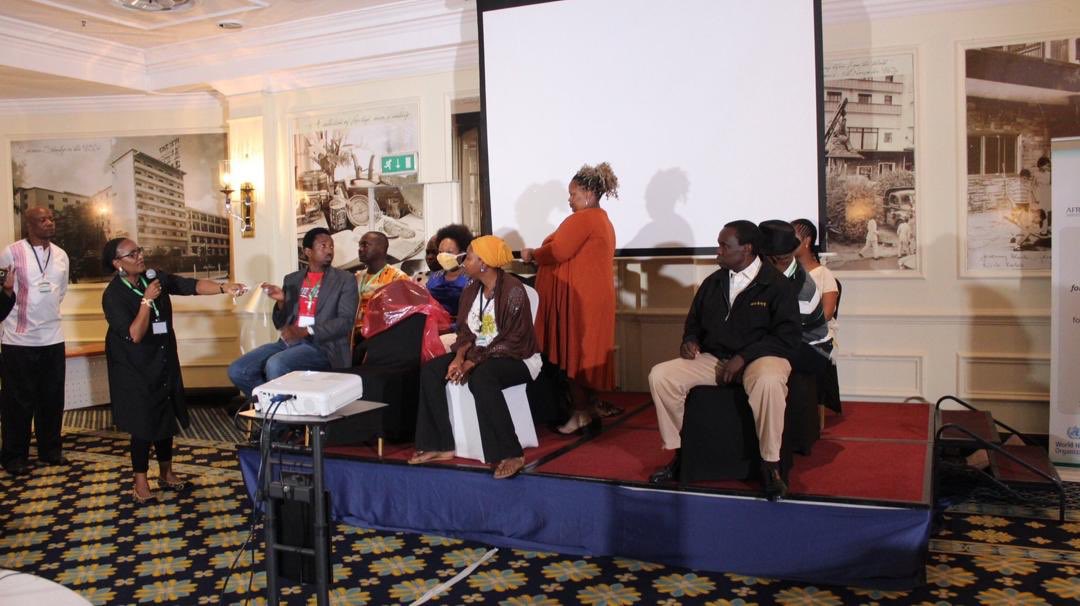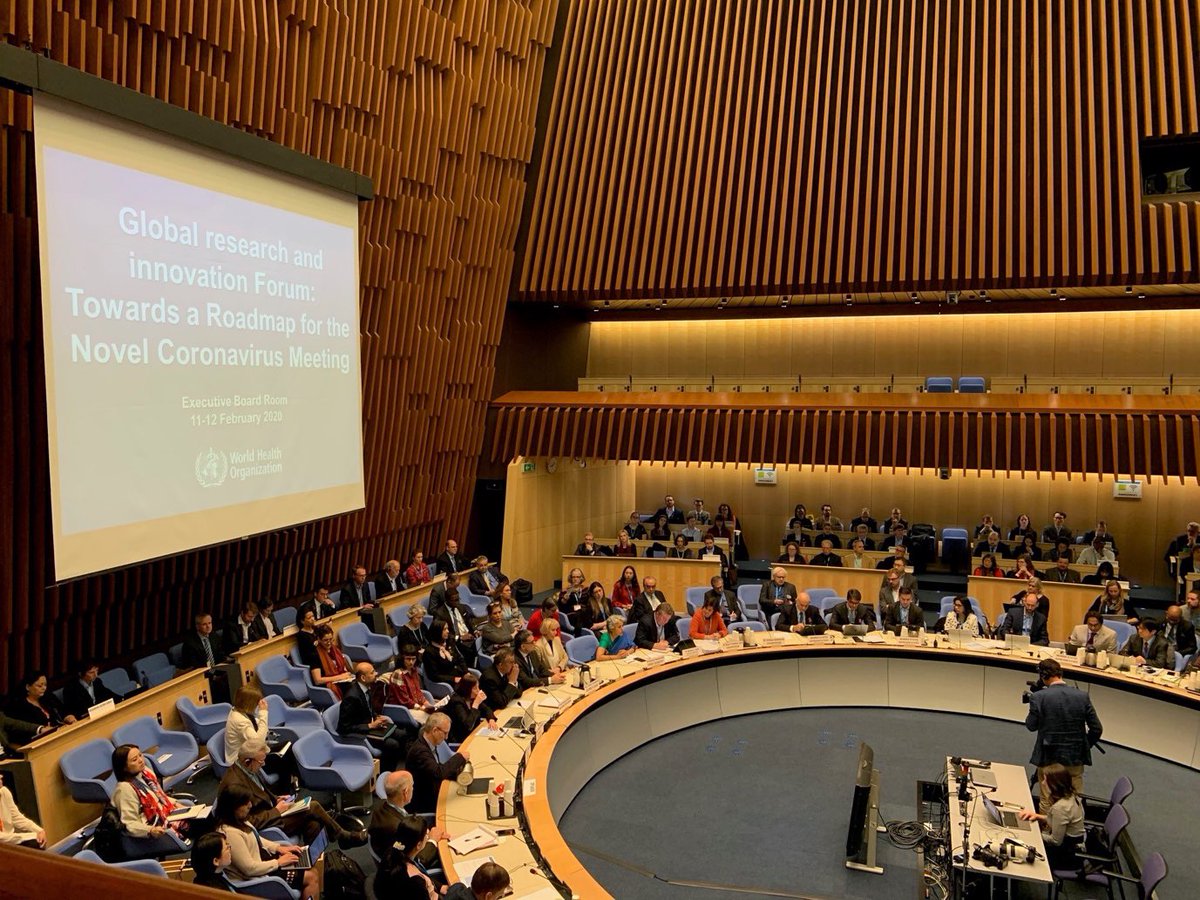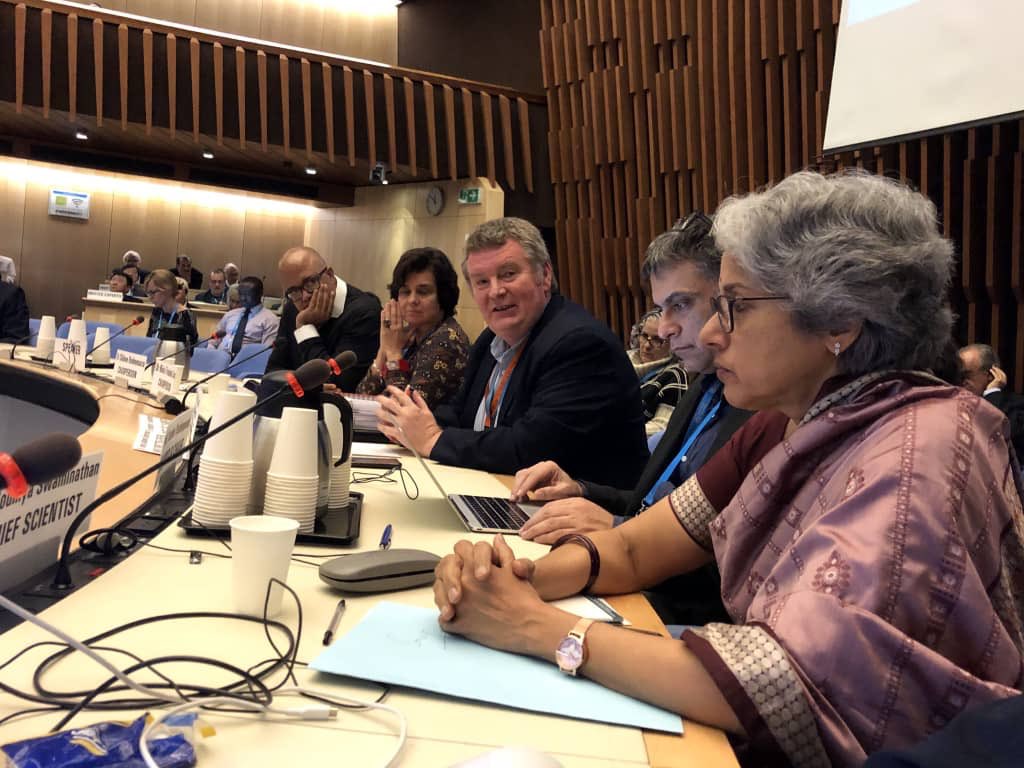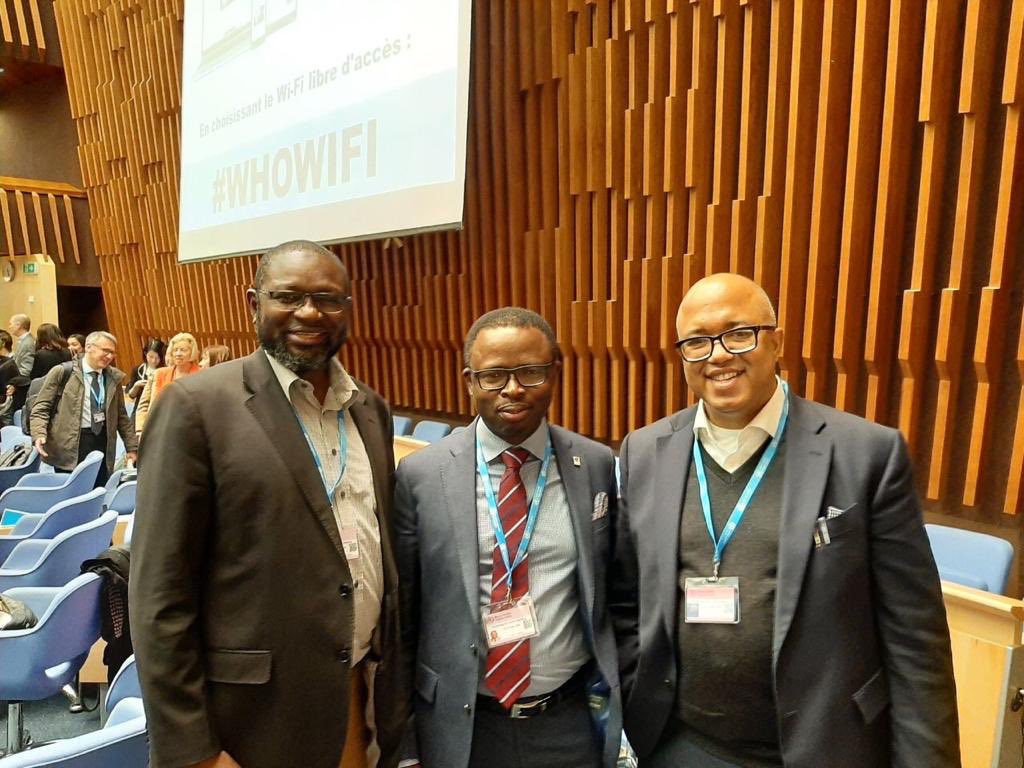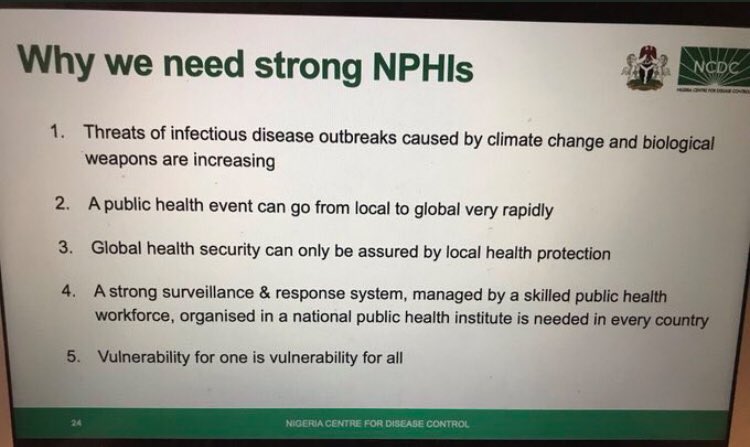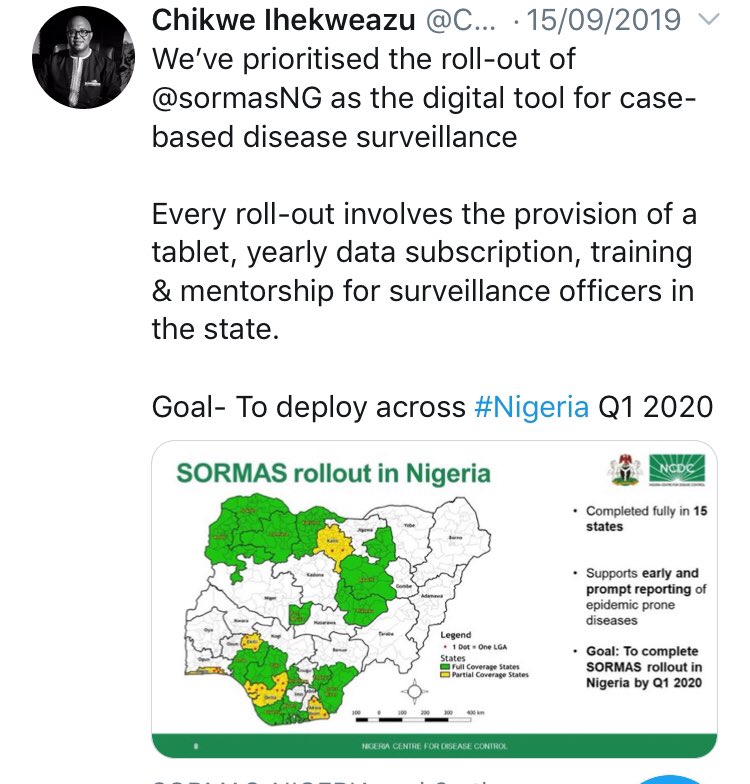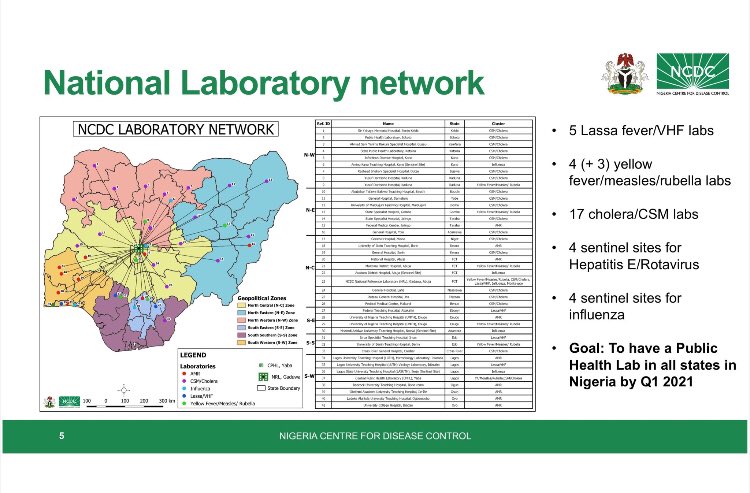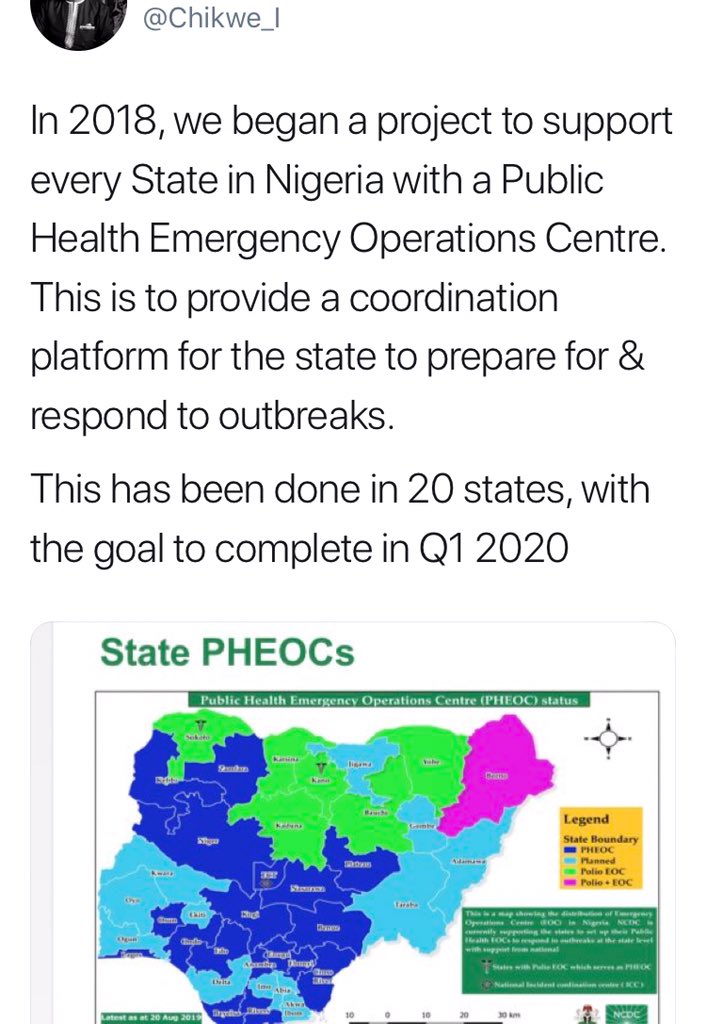
We know that social sciences are important. We know that trust is central. We know that human behaviour plays a large role in transmission but how do we measure these?
The hard questions at the 2nd #WHOHubSpeakerSeries. Watch the entire episode here.
🧵



The hard questions at the 2nd #WHOHubSpeakerSeries. Watch the entire episode here.
🧵




Michael @M_B_Petersen spoke eloquently on how to use social sciences to build trust during a health crisis, acknowledging that trust is best built during peace time.
“To sustain trust as a decision maker you need to trust those that you make decisions about”
#WHOPandemicHub
“To sustain trust as a decision maker you need to trust those that you make decisions about”
#WHOPandemicHub

Julienne @AnokoJulienne of @WHOAFRO has been a frontline social scientist for many outbreaks. She reminded us about listening to the communities and their needs and to act on this by ensuring community preparedness by applying social intelligence data
#WHOHubSpeakerSeries
#WHOHubSpeakerSeries

We heard views from social science practitioners & researchers around the world
They highlighted the need to build trust by being trustworthy, collecting data respecting different epistemologies and putting communities and individuals at the centre of response
#WHOPandemicHub



They highlighted the need to build trust by being trustworthy, collecting data respecting different epistemologies and putting communities and individuals at the centre of response
#WHOPandemicHub




We ended with a fascinating panel discussion, curated by @IlonaKickbusch who reminded us “We might have the means to create a vaccine in 100 days, however, after an outbreak, can we build trust within 100 days?”
Thanks @ChariteBerlin @WorldhealthSmt & Thomas Steffen - @BMG_Bund



Thanks @ChariteBerlin @WorldhealthSmt & Thomas Steffen - @BMG_Bund




• • •
Missing some Tweet in this thread? You can try to
force a refresh







